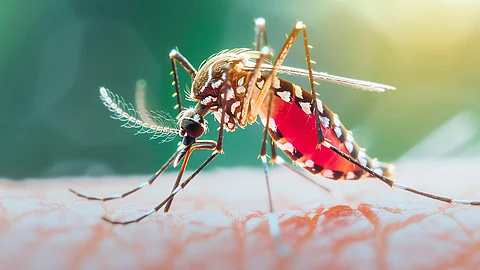Precautionary measures and public health response
The Kerala health department implemented stronger surveillance, together with control measures, to address the current outbreak. Efforts include:
Resource reduction: Getting rid of still water places to stop mosquito breeding.
Awareness to the public: Teaching the public about the signs and ways for the prevention of dengue.
Medical readiness: Hospital preparedness and the presence of necessary inventories to deal with severe cases.
The populace is advised to exercise personal precautions, including the use of mosquito repellents, wearing long-sleeved clothing, and ensuring that their surroundings are free from standing water.
The Importance of Vigilance
Though the majority of dengue cases go through a mild process, the potential for severe complications, particularly in subsequent infections, necessitates continued vigilance. The full preventative cooperation from the public is critical to the control of the disease's spread.
(Input from various sources)
(Rehash/Muhammad Faisal Arshad/MSM)


